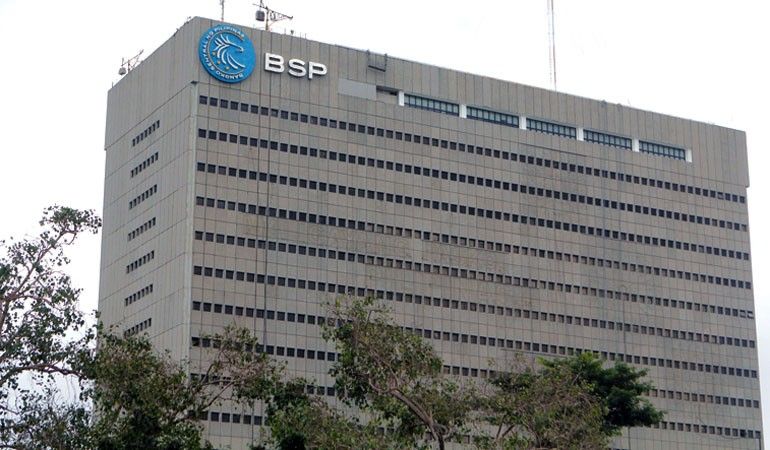Significant cut in Reserve Requirement Ratio seen within the year

“We also expect more RRR cuts from 19 percent to a range of 15 to 13 percent in line with the BSP’s long-term reform of its monetary policy operational framework,” he said. BusinessWorld/File
MANILA, Philippines — A significant reduction in the reserve requirement ratio of banks may happen within the year, according to Japanese financial giant Nomura.
Euben Paracuelles, economist at Nomura, said the the Bangko Sentral ng Pilipinas (BSP) may cut further the banks’ reserve requirement ratio (RRR) to as low as 13 percent within the year.
“We also expect more RRR cuts from 19 percent to a range of 15 to 13 percent in line with the BSP’s long-term reform of its monetary policy operational framework,” he said.
He said the move would entail some communication challenges in the context of rising inflation risks which, if left unchecked, could hurt BSP’s inflation-fighting credibility, adding to the impetus to hike the policy rate sooner rather than later.
Paracuelles said the Monetary Board may raise interest rates by 100 basis points within the year due to rising inflation. The consumer price index rose to 4.5 percent in February from four percent in January.
“As we have argued before, the rebasing will have a limited impact on the monetary policy outlook because the BSP will have to make its assessment based on the inflation trajectory, which is essentially unchanged. What we believe will matter more for the BSP now is inflation expectations,” he said.
Early last month, the BSP slashed the RRR to 19 percent from 20 percent. The move released P90 billion in additional liquidity to the financial system.
The additional liquidity was easily absorbed by the term deposit auction facility (TDF). The volume of the facility was raised to P110 billion starting this month from only P40 billion at the start of the year.
BSP Governor Nestor Espenilla Jr. earlier said the phased reduction of the RRR would allow efficient absorption and mobilization of liquidity.
The move is an operational adjustment to support the BSP’s shift toward a more market-based implementation of monetary policy, he said.
“We have heavily relied on reserve requirements for a long time in a situation of underdeveloped banking and financial markets and limited open market operation tools. This is no longer the case for the Philippines. Our financial system is more sophisticated, disciplined, and resilient. Our economy is much stronger today,” Espenilla said.
Rizal Commercial Banking Corp. head of treasury Chester Luy said the BSP would likely reduce the RRR to single digit levels over the next few years.
Luy said the reduction is beneficial to the entire banking industry as banks would be equipped with additional funds for lending.
Even with the reduction, the Philippines has the highest RRR level compared to China’s 17 percent, Brazil’s 15.5 percent, Indonesia’s 12 percent, South Korea’s seven percent, Thailand’s six percent and Taiwan’s 5.6 percent.
Espenilla said he would personally like to see the RRR reduced to a single digit level.
- Latest
- Trending


























